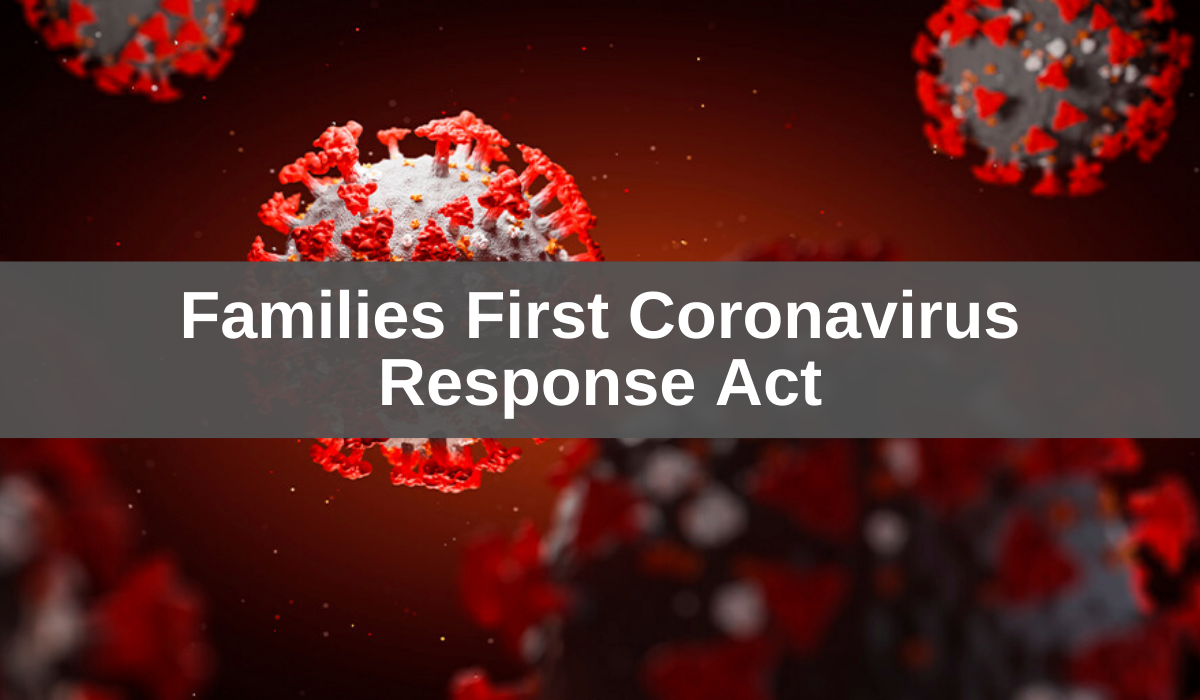Julie Fay, Peter Murphy, and Dan Schwartz will be presenters during the Connecticut Construction Industries Association’s webinar, “The Next Phase: Vaccines in the Workplace and What’s Next in the COVID-19 Pandemic.” They will address frequently asked questions regarding vaccines in the workplace including:
- Can (and should) employers mandate vaccinations for employees?
- Regardless of







